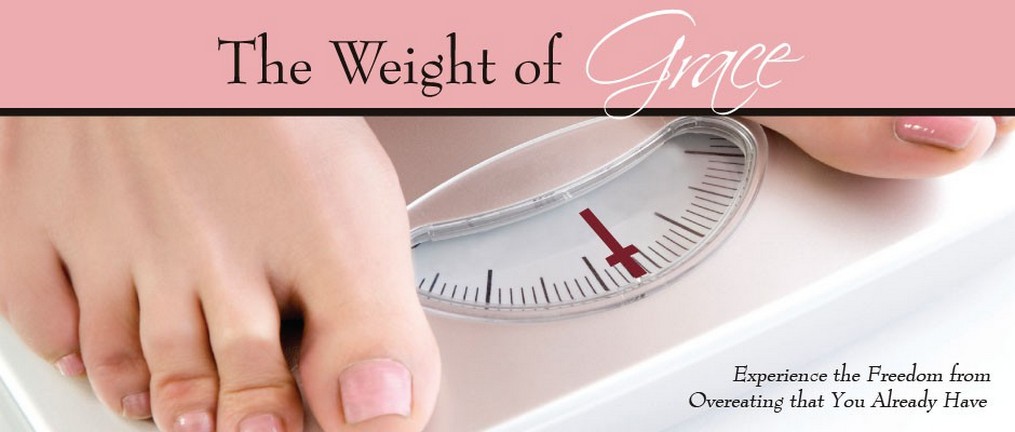Q: Isn’t overeating like alcoholism? Won’t I have to fight the desire to overeat my entire life?
A: The short answer is “No.” The reason this is not true, especially for the Christian, is that God designed people to eat moderately and gave us internal mechanisms to know when and what to eat and when to stop eating. Just look at small children. If they’re not hungry, it’s very difficult to get them to eat. If they are hungry, they cry and whine until they’re fed. They naturally know when they need to eat and when they’ve had enough to eat because they can feel it in their bodies. As we get older, various factors cause us to distrust or ignore these innate signals. It takes time, but we can relearn how to eat according to the natural physical signals we experience but have learned to disregard. As believers, we are free from the compulsion to sin (act apart from how God made us) (Romans 6:17-18), so we are free to explore the reasons we have ignored our natural relationship to food and free to start thinking and acting in new ways as we are guided and empowered by the indwelling Holy Spirit.
